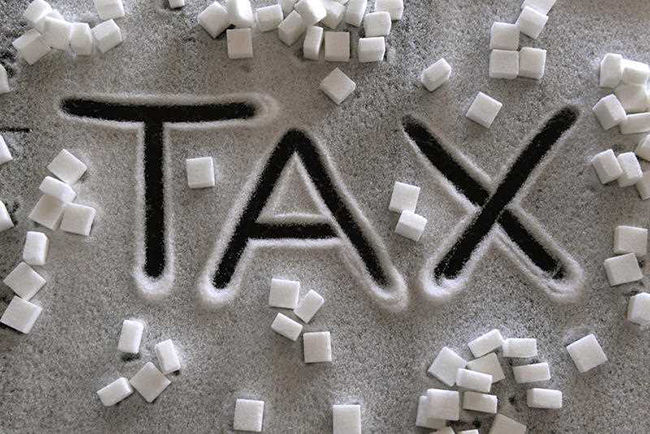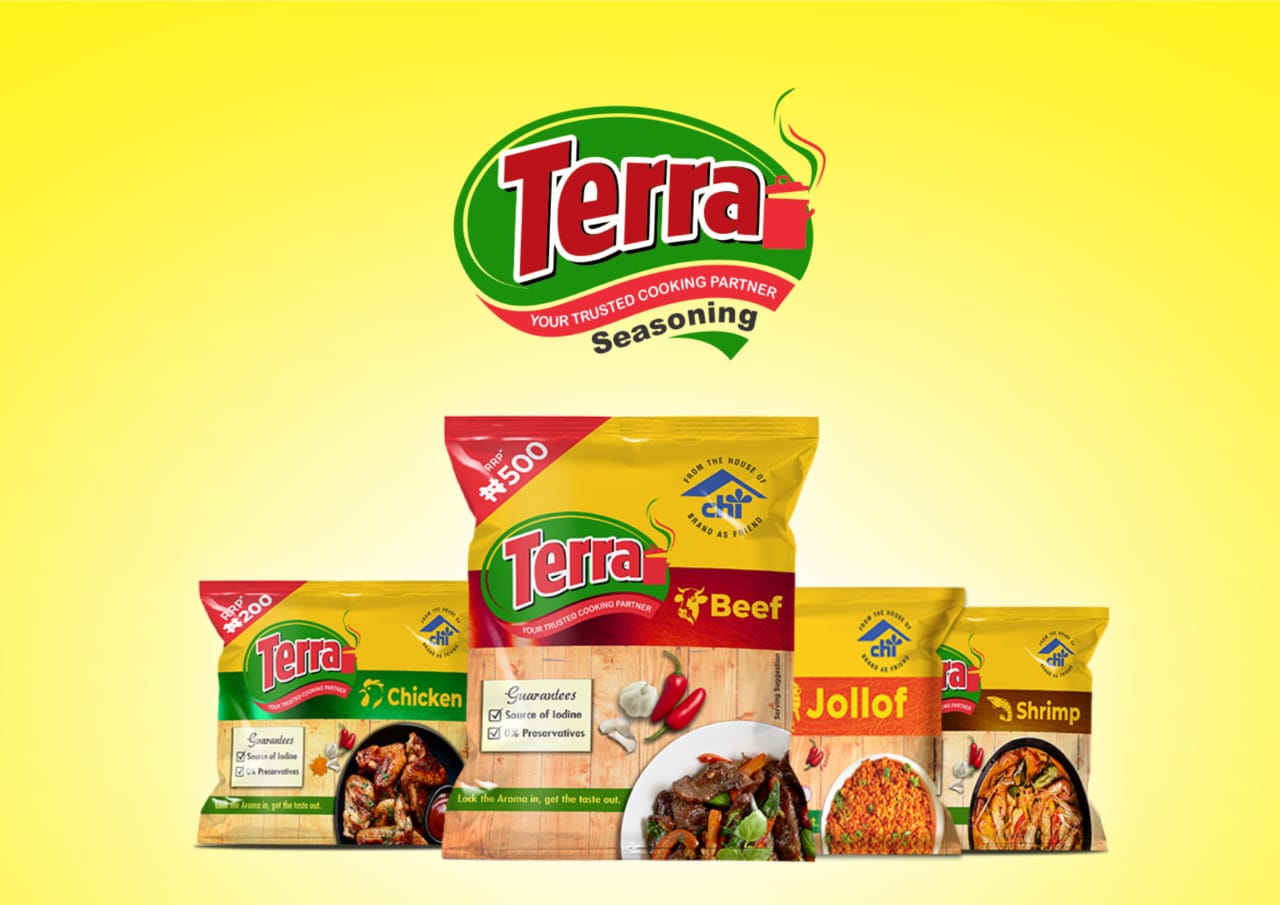By Felicia Nwosu
To align with the global Sugar-Sweetened Beverages (SSB) tax as recommended by World Health Organization (WHO), aimed at combating the rising public health concerns associated with excessive sugar consumption, the Federal Ministry of Health has alerted beverage companies on its plan to increase tax on (SSBs) from the current rate of 10 percent to 20 percent. The ministry said there is no going back on its plan.
Dr. Chukwuma Anyaike, the Director/Head, Public Health Department, Federal Ministry of Health, made this disclosure during the Pro-Health Tax Policy Campaign on SSB, held in Abuja. He attested that several countries across the globe have already adopted the measure to ensure the well-being of their citizens by eradicating Non-Communicable Diseases (NCDs) such as heart disease, cancer, chronic respiratory disease, and diabetes, which are the leading cause of death worldwide.
“The introduction and sustenance of the tax in Nigeria will also reduce excess consumption of SSBS and thus reduce the burden of non-communicable diseases . NCDs. We are committed to attaining the global best practice of at least 20% of the final retail price on all SSBS as the current 10 naira per liter price fails to achieve that. This campaign aligns with other government efforts in improving the public health of the Nigerian populace to meet up with the global priority of significantly reducing NCDs,” he said.
Edozie Chukwuma, who represented the National Action and Sugar Reduction Coalition (NASR), submitted that the move aims to sensitize the general public, policymakers and concerned government authorities on the dangers associated with the consumption of SSB. He confirmed that increasing tax on SSB will act as a strong force tool in curbing the rate of patronage of sweetened products.
“Basically, we’re calling on the government to enact laws to put together a tax that prohibits or that would in the end, reduce the consumption of sugary drinks, and how will this tax work? It simply works by increasing the affordability of sugary drinks, thereby providing revenue that could be used to support healthcare, especially with regard to the non-communicable disease burden in the country. It is an epidemic and it needs to be addressed. Out-of-pocket payments are at an all-time high, with over 75% of Nigerians paying from their pockets for treatment of different ailments,” he said.
What is the implication of the increment on brand owners who are already lamenting the implications of both external and other macroeconomic factors affecting production for the past two years?
Recall that in 2021, the Manufacturers Association of Nigeria (MAN) had decried that its practitioners were already pressured beyond control by the economic downturn, which affected production cost severely. They complained that the introduction of an excise duty of N10 per litre on all non-alcoholic, carbonated and sweetened beverages in the country would heighten their pains.
The association revealed that the N10 per litre ad-valorem excise tax earlier implemented impacted adversely on its revenue, with a decline of eight per cent and 10 per cent between June and August 2022. Although the government noted that this will discourage excessive consumption of sugar in beverages, which contributes to several health conditions and, in addition, raise revenues for health-related issues and other critical expenditures, the implications of the new 20% tax increase to the brands and on the consumer are yet to be seen.







Comment
No comments found.